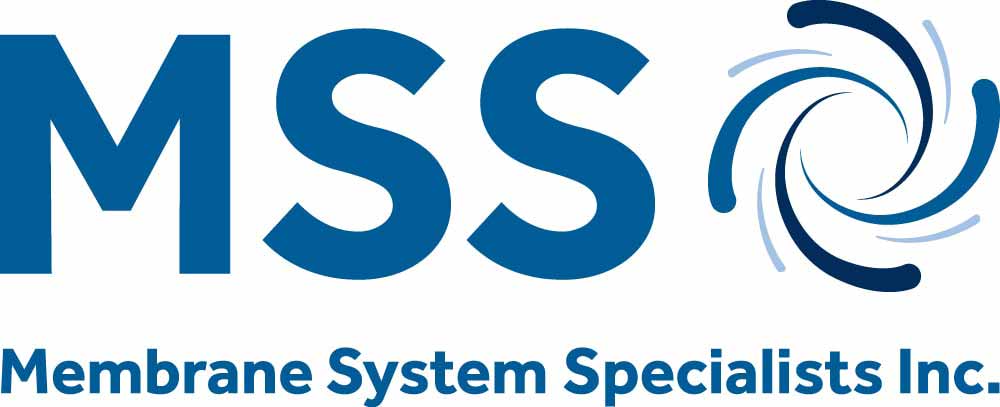Fluid processing equipment is a wide range of machinery and devices that handle, mix, store, or transport liquids or gases in various processes. They are crucial to many industries, from food and beverage production to pharmaceuticals and chemicals. Moreover, they ensure the quality and safety of products and the efficiency and effectiveness of production processes.
Given the abundance of fluid processing equipment, selecting the appropriate one for your requirements can be challenging. This article will list key factors to consider when finding the best and most efficient equipment for your application.
Key Considerations in Fluid Processing Equipment Selection
Choosing the right fluid equipment is crucial to the success of industrial processes across various industries. Below are several factors that must be taken into account before selecting:
Type of Fluid To Be Processed
Different fluids have varying properties, such as viscosity, density, and chemical composition, which can impact the choice of equipment. For example, a high-viscosity liquid like molasses may require a different type of pump than a low-viscosity fluid like water. Similarly, corrosive fluids need equipment made of specific materials to prevent damage or contamination.
The fluid’s processing properties can also affect other equipment components, including valves, filters, and pipes. Choosing the wrong equipment can lead to inefficiencies, increased downtime, and potential damage to equipment. This can result in significant financial losses.
Flow Rate Requirements
The flow rate is the volume of fluid passing through a specific point in a given time. It is typically measured in liters per minute (LPM) or gallons per hour (GPH).The flow rate requirement can vary significantly depending on the industry and specific application.
In the chemical industry, the flow rate of chemical processing equipment can range from as low as 0.1 LPM for laboratory-scale equipment. At the same time, it can reach as high as 10,000 LPM for industrial-scale production. Similarly, a soft drink production line may require a flow rate of 20,000 LPM in the food and beverage industry.
Operating Conditions
Operating conditions are the external factors that the processing equipment will face while in use. When choosing equipment, it is important to consider several important operating conditions, such as temperature, pressure, humidity, and the fluid’s corrosiveness. Furthermore, factors like the surrounding temperature, altitude, dirt or dust, and exposure to vibration or shock must also be considered.
Material Compatibility
Selecting materials that can withstand the properties of the fluid being processed is vital to prevent equipment failure and safety hazards. For instance, if the liquid being processed is highly corrosive, plastic or stainless steel devices should be used. Likewise, if the fluid being processed is abrasive, products made of wear-resistant materials must be utilized to avoid damage.
Energy Efficiency
Energy-efficient equipment reduces energy consumption and operating costs, leading to significant cost savings in the long run. One way to determine this aspect is to look for equipment certified by organizations like Energy Star or the International Organization for Standardization (ISO). These certifications indicate that the products have met specific standards and will consume less energy during operation.
Choose Membrane System Specialists for Premium Fluid Processing Equipment and Systems
Membrane System Specialists is your trusted one-stop shop for fluid separation and processing needs! We design, manufacture, and install various custom processing equipment in the dairy and other food processing industries. We also offer complete processing solutions, including turnkey plants, designed to meet your needs.
Let us help you streamline your operations and increase your efficiency. Contact us now to get started!


Comments are closed